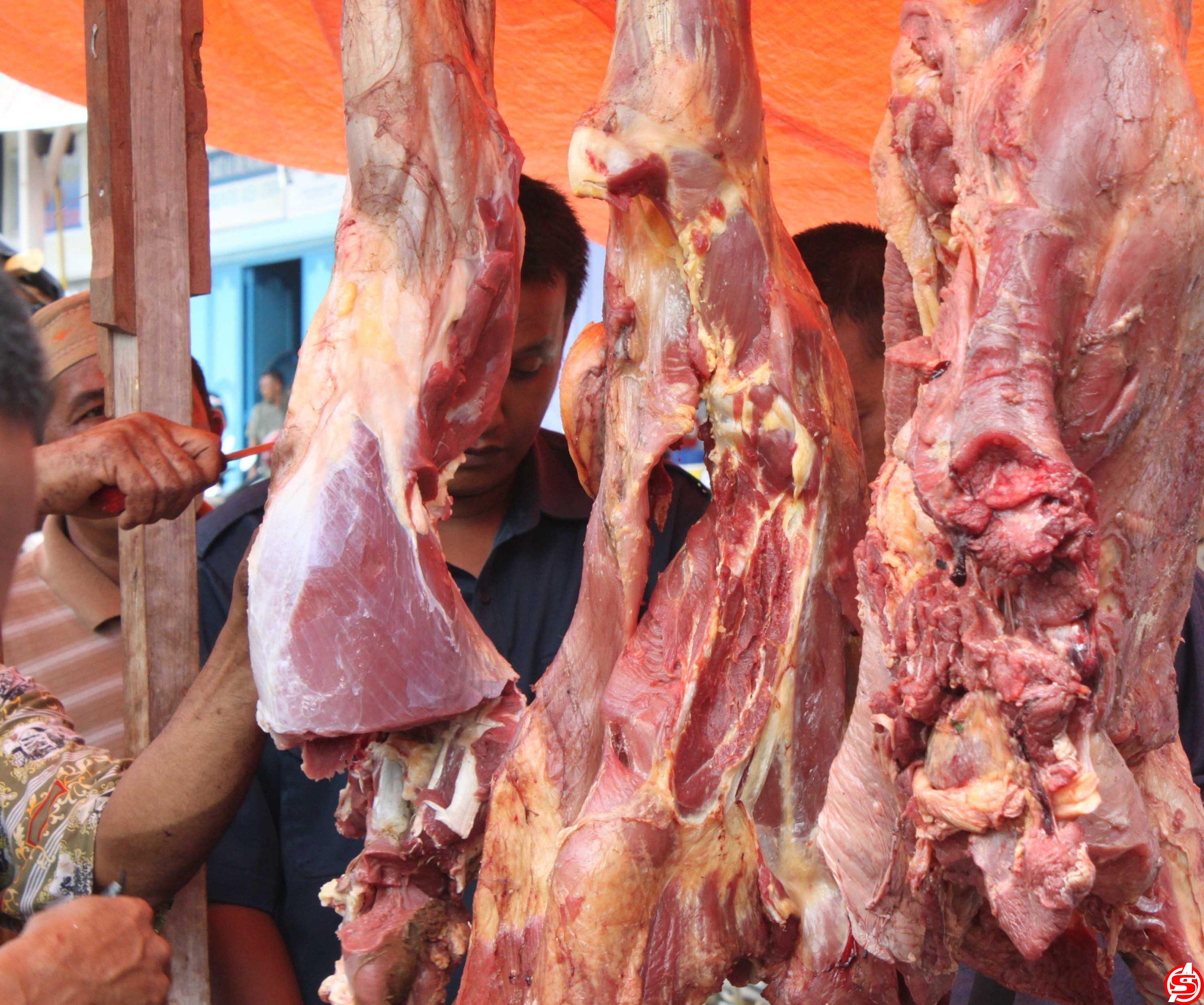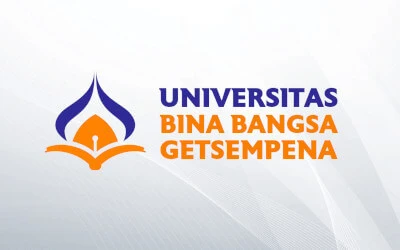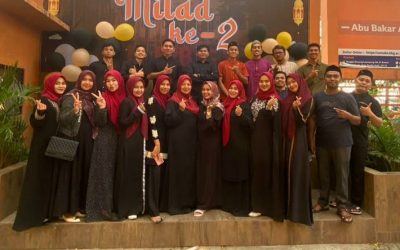
Source: aspost.id
Makmeugang or meugang refers to the Acehnese tradition of cooking and eating meat together on certain days. This tradition is held a day before Ramadhan (fasting month in Islamic tradition), Idul Fitri (holiday celebrating the end of Ramadhan), and idul Adha (holiday commemorating the ritual of Qurban, sacrificing certain animals for sake of Allah). Days when this tradition is celebrated is busy days since the people butcher many animals. This tradition was originated in the 14th century along with the expansion of Islam in Aceh. Meugang is an actualization of celebrating the month of Ramadhan with happiness, as well as an admiration for the holy days of Idul Adha and Idul Fitri. Within the history of Aceh, makmeugang was an important day since the king gave meat, clothes, and rice for the poor people. People also could have a special meal made of meat, which rarely did enjoy on common days.
Makmeugang brings specific atmosphere within areas in Aceh. Little occasional vendors and kiosks selling meats appear in many areas, including at local markets and along the roads. People are busy since the dawn; they buy meats and spices for cooking special dishes. Some of Acehnese people buy the meats by the tradition of meuripe (See meuripe), which has been prepared long before the day of meugang. The money collected by meuripe is used to buy cow or buffalo, which will be butchered on the day of meugang.
On the day of meugang, aromas of various special dishes including Kari (curry), Rendang (meats simmered in curry gravy), and Masak Putih (white curry) fills the air. Some of meats also cured to be traditional dishes, sie thoe or sie teupeh (a kind of salty beef jerky, which is smashed before frying); both dishes are famous in the area of Sigli. Meanwhile, people of Aceh Besar cure the meat by making sie reuboh, meat cured in vinegar and spices. This kind of dishes can be preserving the meats for long time, then, people only have to reheat it before serving.
The tradition of makmeugang conveys the values of solidar- ity and kinship. During the celebration of tradition, the Acehnese people living outside Aceh will come back to gather with their family. A linto baro (newly-wed groom) has moral responsibility to buy several kilograms of meat for his parent-in-law family. It symbolizes the ability to earn for the family, as well as admiration for the bride’s family. Furthermore, the tradition of makmeugang also bounds the relationship among family members, represents admiration for the parents, and builds relationship to the poor people and orphans. Besides establishing relationship among members of families, it also reflects gratitude to Allah for the Ra- madhan, Idul Fitri, and Idul Adha
Taken from the book “Encyclopedia of Acehnese Culture” by Muhamamad Ridha, 2018.



